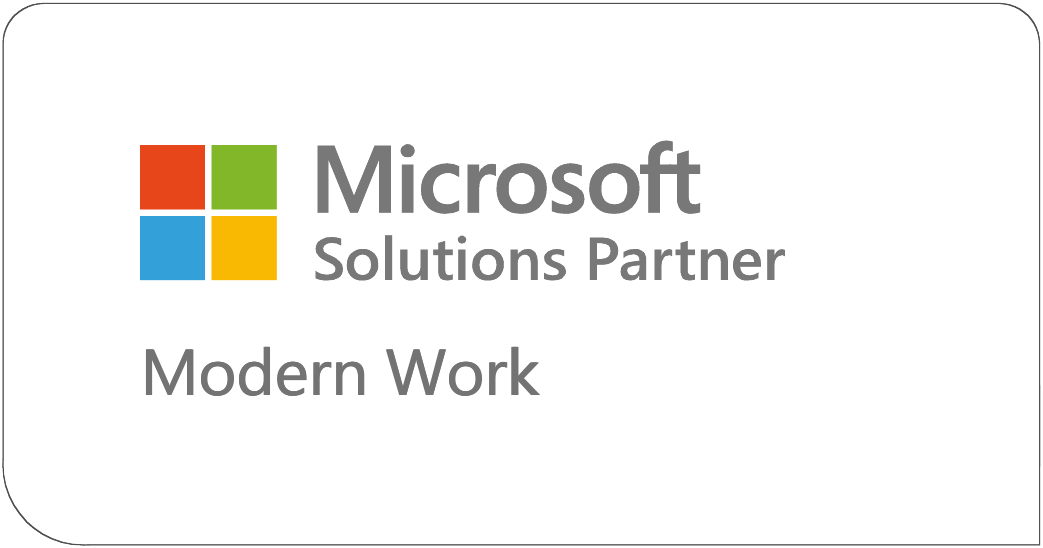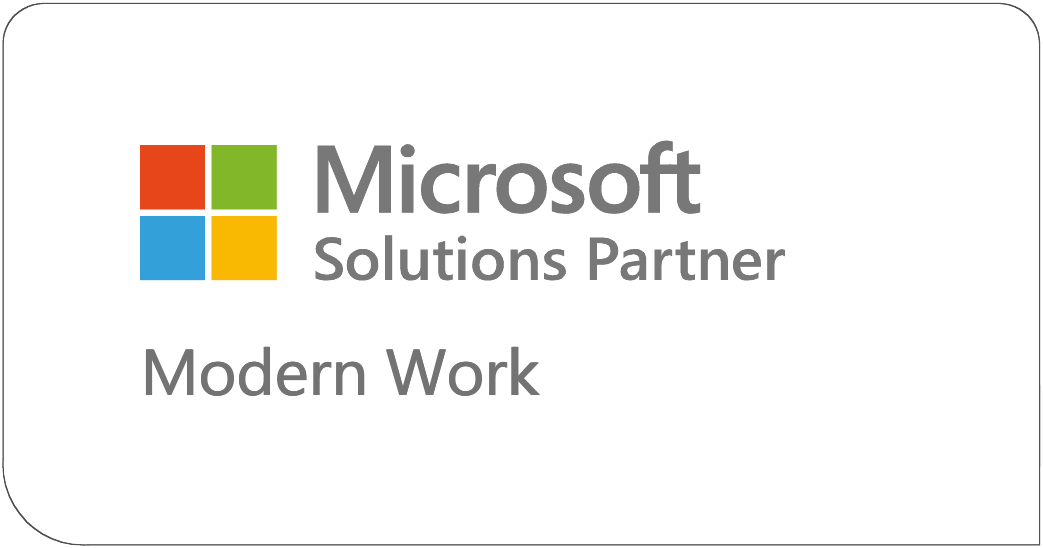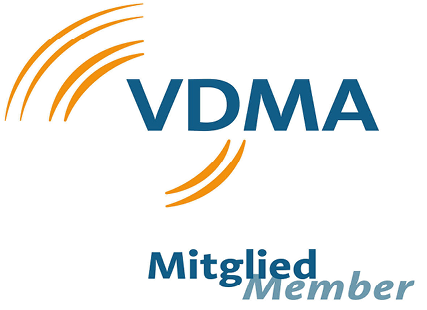Dynamics 365 Field Service
Your solution for efficient service management and smooth service processing for technical field staff.
With Copilot support, you achieve optimum resource utilization and sustainable cost reduction combined with greater customer satisfaction.


+49 7151 36900319
Biographie
Serdar Dedesah beschäftigt sich seit fast 10 Jahren mit den Business-Lösungen von Microsoft und ist als Vertriebsleiter für den Software-Bereich bei audius tätig. Er ist ein nativer Tech-Enthusiast, der immer am Puls der Zeit ist.
Product information
info
Normaler Abstand nach oben
Normaler Abstand nach unten

All customer and use data (equipment documentation, histories, and contract terms) can be accessed on site and in the back office with the relevant rights. Slash preparation and follow-up time and make customer meetings better and more transparent.

Grant partners and customers access to information and status messages via self-service portals and integrate them into processes such as booking service orders. In doing so, you increase efficiency and strengthen ties with customers and partners.

Access 30-plus years of field service experience with the audius:Mobile Service 365 add-on. Recurring customer requirements from field service and customer service unite in a single solution for more added value and faster, cheaper implementation.

Automated planning sends the right technician to the right place at the right time, factoring in appointments, absences, skills, and customer preferences. React quickly to change, give customers appointments they can rely on, and boost staff morale.

Use modern artificial intelligence (AI) for route planning and Copilot to generate suggestions and summaries to support customer communications. Faster responses are the secret to higher productivity and satisfied customers.
Benefits
benefits
Normaler Abstand nach oben
Normaler Abstand nach unten

"We were looking for a scalable solution capable of satisfying current and future requirements."
Oliver Ort
Managing Director
DPG Deutsche Elektro Prüfgesellschaft mbH

"For many years, we have valued the fair and straightforward cooperation on an equal footing. The audius team knows how to present us with solutions that are not only good, but also tailor-made, even for challenging tasks. Especially in the Service Module of Microsoft Dynamics 365, but also in audius' own products, the application has always been able to scale with our growing demands and has made many users happy."
Jürgen Hernadi
Group IT-Director (CIO)
systemair
partner
Normaler Abstand nach oben
Normaler Abstand nach unten





Downloads
downloads
Normaler Abstand nach oben
Normaler Abstand nach unten

Moderne Technologien im technischen Außendienst steigern Effizienz und Kundenzufriedenheit. Mit diesem Self-Check prüfen Sie den Digitalisierungsgrad Ihres Field Services und erhalten erste Handlungsempfehlungen.

Microsoft Copilot verbindet KI mit Ihren Unternehmensdaten und steigert so Effizienz und Kreativität. Dieser Guide zeigt drei Gründe, warum Copilot unverzichtbar für Ihre Service-Teams ist.

Ermitteln Sie Ihre Digitalisierungspotenziale im Service: Der kostenlose Quick-Check zeigt Ihren Status, den Wettbewerbsvergleich und Wege zu schneller Automatisierung. Jetzt Termin vereinbaren!

Zur Erreichung anspruchsvoller Wachstumsziele strebt die DPG eine übergreifende Digitalisierung aller Geschäftsbereiche an. Als zentrales Werkzeug der Arbeit der DPG steht die eigens entwickelte DPG PrüfApp. Die Integration dieser in eine neue Lösungslandschaft aus bewährter Standardsoftware schafft umfassenden Nutzen.
Trends und Insights
Normaler Abstand nach oben
Normaler Abstand nach unten
FAQ
faqs
Normaler Abstand nach oben
Normaler Abstand nach unten
Why is digitalization essential in field service?
Further digitalization in field service is essential because it enables efficiency gains, cost reductions, and a better customer experience. Digital technologies can be used to optimize work processes (by avoiding media discontinuities, for example) and shorten throughput times. Scarce personnel resources can be scheduled more effectively, and other resources managed more easily. In addition, customers will be delighted to have professional services delivered on site by perfectly equipped and informed technicians.
How do end customers benefit from digitalization in field service?
Digitalization in field service gives end customers faster response times, more transparent communication, and higher service quality. Mobile apps and online platforms make it easier for them to track orders, arrange appointments, and provide feedback. Improving the customer experience overall.
How do providers benefit from digitalization in their field service?
Providers who digitalize their field service enjoy higher productivity, faster throughput times, and lower costs. Fully digital processes can improve and significantly accelerate the flow of information to and from technicians in the field. Artificial intelligence allows planning processes to be automated and facilitates documentation and communication.
Why is Microsoft Dynamics 365 a good basis for digitalization in field service?
Microsoft Dynamics 365 provides a good basis for digitalization in technical field service by combining and integrating all customer-related processes. Dynamics 365 generates a comprehensive picture of the customer across the entire lifecycle – from marketing and sales to implementation and maintenance.
What does the audius:Mobile Services 365 add-on do?
We drew on our experience from numerous Dynamics 365 Field Service projects to create an add-on for recurring requirements in the European market or from equipment manufacturers. This includes optimized route planning that factors in hotel stays and travel times, the creation of follow-up orders, a smart history function for technicians, and much more. You can read more in the data sheet HERE.
Events
events
Normaler Abstand nach oben
Normaler Abstand nach unten
How can I help you?
kontakt
Normaler Abstand nach oben
Normaler Abstand nach unten
+49 7151 36900319
Biographie
Serdar Dedesah beschäftigt sich seit fast 10 Jahren mit den Business-Lösungen von Microsoft und ist als Vertriebsleiter für den Software-Bereich bei audius tätig. Er ist ein nativer Tech-Enthusiast, der immer am Puls der Zeit ist.




